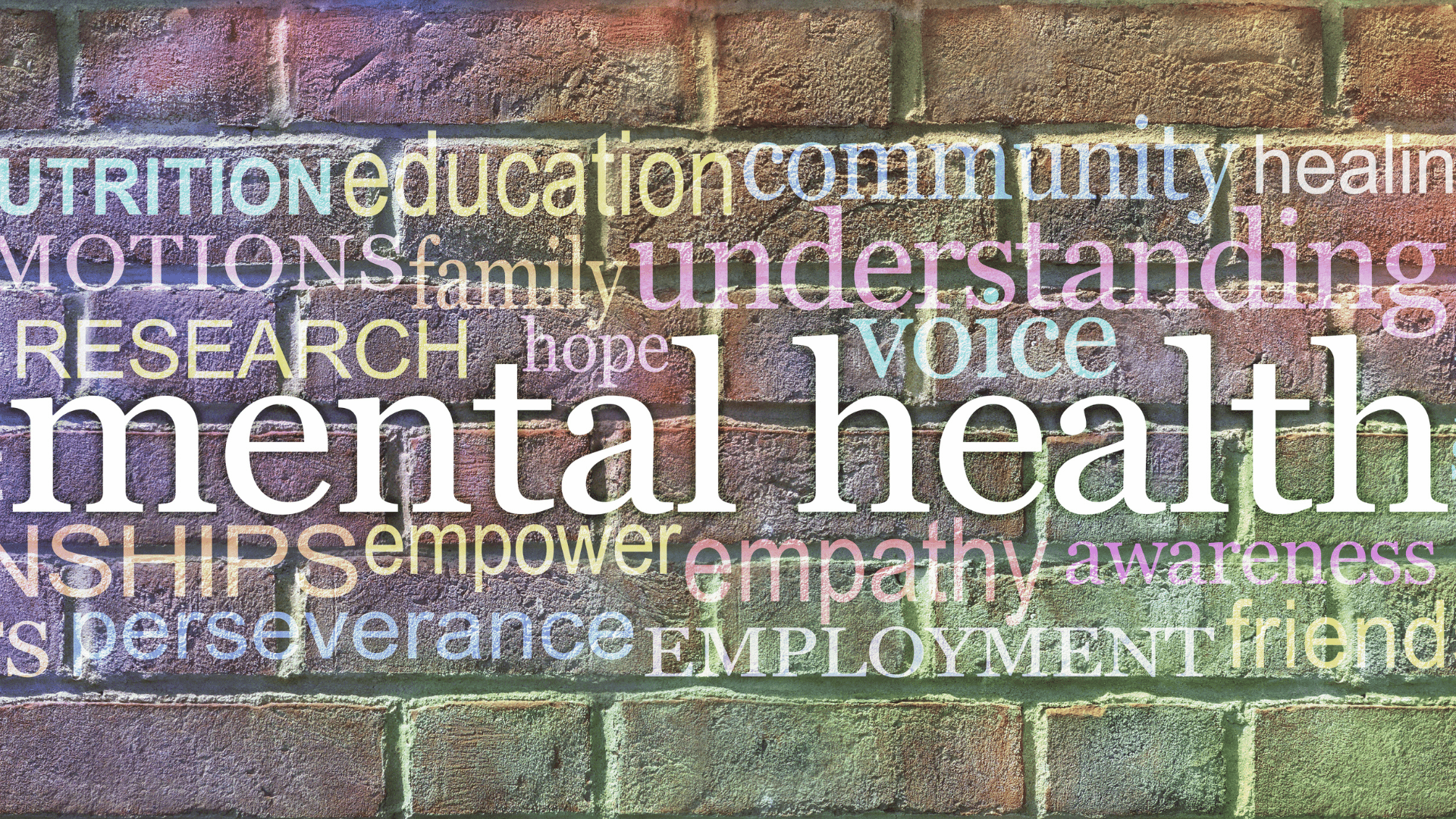
Post by Charlie Jones, JMU ’22, Economics and Public Policy and Administration
As we all navigate life back on campus, it can be overwhelming to find time to take care of ourselves. Take a few minutes to check out the resources below for ideas to take action for your mental health and self-care.
Common symptoms of not managing your stress:
- Fatigue
- Sleep difficulties
- Lack of motivation
- Difficulty concentrating
- Increased muscle tension
- Excessive worry
- Socially withdrawing from others
- Increased negative emotions and irritability
- Impaired immune system and digestive problems
Taking the First Action
Maintaining mental health looks different for everyone. Taking action includes (but is not limited to):
- Finding a therapist
- Reaching out to a friend
- Starting a meditation practice
- Joining a peer support group
- Checking in with yourself
- Researching resources
- Scheduling your first yoga class
- Taking action to expand access
- Joining a support program
If you have concerns about your or someone else’s mental health, please contact a medical professional or call 1-800-273-TALK(8255) for a free, confidential conversation.
The JMU Counseling Center covers basic resources for mental health concerns facing JMU students.
What Is Self-Care & Why Is It Important?
- Self-care is defined as an activity that we deliberately participate in to care for our emotional, physical, or mental health. While simple in name, self care is often overlooked. It is not an activity that is forced, so please do not force yourself to do an activity that you do not enjoy. Self-care is an activity that has the sole purpose of taking a break from stress. It is a tool to refuel and involves taking time to do what you love and to take time that is dedicated to taking care of yourself. (https://psychcentral.com/blog/what-self-care-is-and-what-it-isnt-2/)
- The importance of self-care:
- It helps to reduce stress and enhance quality of life
- Assists in management of daily stressors
How to evaluate where you need to practice self-care in your life
- Self-care is associated with wellness which is defined as an interactive process of melding healthy choices and self-awareness in order to craft a more successful and balanced lifestyle.
-
- Social Wellness
- Development of friendships and the ability to comfortably build relationships with others. It encourages contributions to the welfare of the community as well as coexistence with your community, environment, and society.
- Intellectual Wellness
- A desire to learn from experiences, and is important for growth intellectually and creatively through mental activity. An intellectually well person will use available resources to expand their skills and knowledge to better themselves and society.
- Spiritual Wellness
- This dimension transcends religious beliefs, as it involves the willingness to seek meaning and purpose in human existence. It is important because it coincides with the exploration of the meaning of life, which allows for a harmony between emotions and beliefs.
- Emotional Wellness
- Emotional wellness is having the ability to acknowledge and accept a wide range of feelings in yourself and others.It is important to acknowledge and manage your own feelings. This dimension centers on the acceptance of individual thoughts and feelings. An emotionally well individual is able to evaluate limitations and cope with stressors effectively.
- Social Wellness
-
- Physical Wellness
-
-
- This dimension focuses on regular physical activities, proper nutrition, and personal hygiene. It is important to understand the warning signs of your body and to take responsibility to adjust your lifestyle if you feel that it is necessary.
- Occupational Wellness
- This is the integration of all other dimensions into planning a framework for a healthy future. This is crafted through finding enrichment and personal satisfaction with your personal and professional life.
-
Resources for Self-Care at JMU
- JMU Counseling Center (Fall 2021 Operations)
- The counseling center is back to offering in-person consultations and appointments
- Walk in hours are Monday through Friday 10am-3pm
- For those in quarantine or unable to attend in-person, call 540-568-6552 for a consultation.
- Visit the Oasis for a couple hours to relax
- The Studio in SSC is an art space that is great for creative expression
- For student athletes, JMU has created a mental health education and peer-support group through their “Dukes Let’s Talk” campaign.
- UREC offers not only a great place to workout but also classes for nutrition and wellness.
- The counseling center is back to offering in-person consultations and appointments

Recent Comments